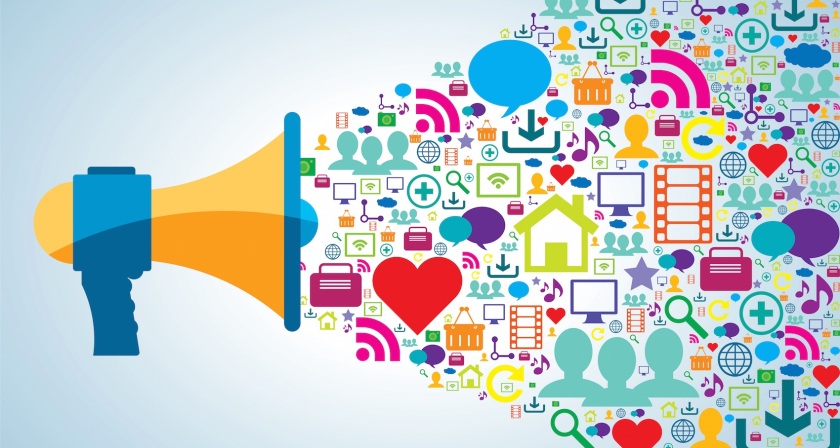The explosion is referring to my stress levels when turning off my most trusted appendage for the day- my cell phone. I challenged myself to unplug from the digital world and tune into my physical world for an entire day and in the beginning I felt quite accomplished and ready to prove my independence from technology. However, pretty soon the so-called FOMO was building up like stomach acid…not a pretty picture. I found myself incredibly anxious to the extent that I began to worry that I would anger people (especially my parents who actually rarely call me anyway) by not being able to return communication with them.
I attempted to specifically plan out a day where I could avoid technology without hinderance, which proved to be really hard. I figured I had to choose a day where I wouldn’t be in school because I definitely have created a dependence on the Internet for my academic pursuits. [Praise be to Google.] However, when I looked to weekends I feared that I would be socially isolated if I couldn’t use technology to communicate with others and make plans. As I chose a Saturday to unplug, I followed the lead of my roommate for several social events of the day. However, even in this case I felt the creeping sense that I could be missing out on other invitations that I just didn’t know about.
My social self was definitely salvageable once I got into the groove of being out with friends and no technology. I had to actively suppress the anxiety about having my phone turned off and there were certainly some positive aspects to my face-to-face communication being disruption-free. I could tell my attention span was easier to maintain and I felt really positive about the interactions I was having. The hardest part overall, was feeling bored when I went back to my apartment. When alone, it was very hard to resist using technology. Even doing homework was difficult because I wanted to look many things up on the Internet to help clarify my readings.
Overall, I think a technology dependence has clearly developed and it would take effortful habit-breaking and restructuring of communication styles in order to be in a place where we can easily switch off the technology for a day.
In regards to the implication of technology communications influence on human societies, one of the most interesting concepts I learned was technological determinism as the explanation for the momentum of societal shifts over time. Technological determinism as a theory I find overly reductionist because I think that white supremacy, patriarchal oppression, and several colonizing ideologies have been major forces at play that influenced and allowed for the creation of certain technologies. However, to examine how the ability for human individuals and societies have been able to communicate and share these ideologies to broader and broader audiences in seemingly more authentic and convincing ways is clearly an avenue worth exploring as it regards to contemporary social problems.
In addition, I recall the assertion that ‘the medium is the message’ as a significant but often hidden perspective to issues of modern conflict. How do we manipulate messages via broadcasting in different technologies, have we created a hierarchy of more reliable mediums that therefore have more poignant messages? And are these hierarchies arbitrary or constructed?
As I have stated from my personal experience of dropping out of the digital world, I think the extent to which we are dependent on technology is certainly risen and I appreciate the opportunity to critique this observation via technological determinism. The inherent social nature of humankind makes the study of communication entirely viable as an avenue for philosophical, political and ideological commentary and I think many theories may be critiques (i.e. agenda-setting, cultivation theory) that create constructive analyses and open the door for progressive social change.


